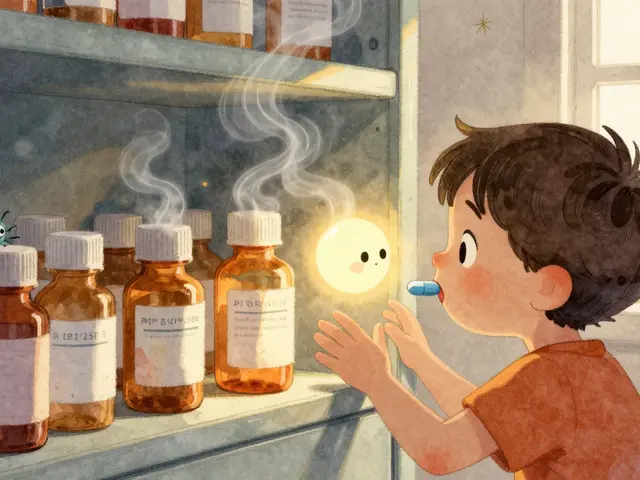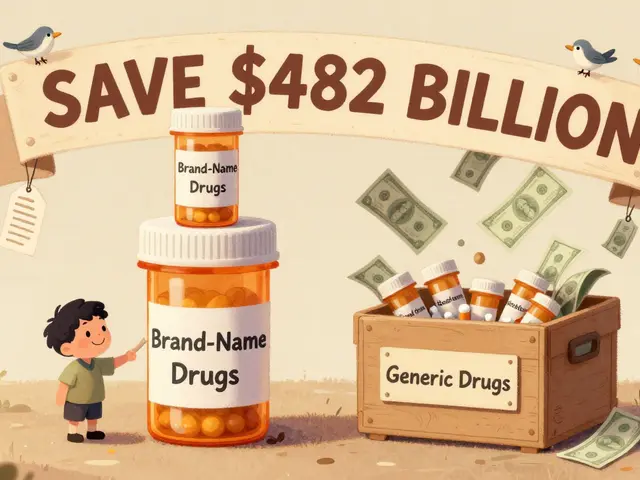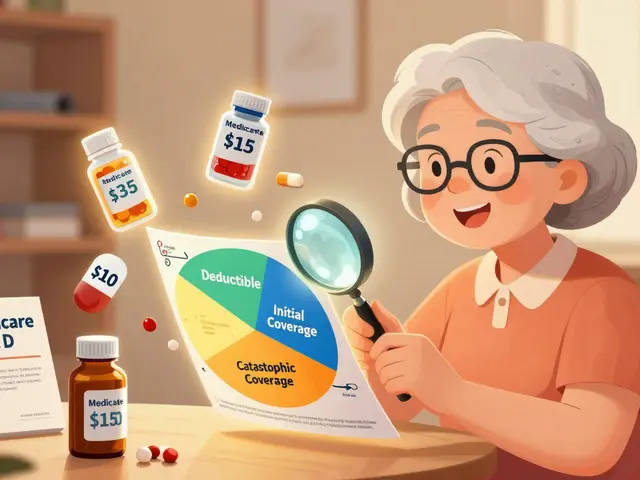
Sexual Dysfunction: What It Is and How to Fix It
If you’ve noticed trouble getting or keeping an erection, lasting less than you’d like, or just feeling “off” in the bedroom, you’re probably dealing with sexual dysfunction. It’s a blanket term for any problem that stops you from enjoying sex the way you want. The good news? Most issues have clear causes and plenty of fixes, so you don’t have to live with frustration.
Common Types & Why They Happen
Men most often talk about erectile dysfunction (ED), but sexual dysfunction includes a lot more: premature ejaculation, low libido, painful intercourse, and even difficulty reaching orgasm. Women face similar hurdles—low desire, vaginal dryness, or trouble climaxing.
The reasons vary. Physical factors like diabetes, high blood pressure, heart disease, or hormonal imbalances can block the signals that make sex work. Medications such as antidepressants or blood‑pressure pills often have side effects that dampen desire. Stress, anxiety, relationship strain, and poor sleep are big mental contributors.
Practical Steps to Improve Sexual Health
Start with lifestyle tweaks. Exercise a few times a week improves circulation and boosts testosterone, both key for healthy erections and libido. Cut back on alcohol and quit smoking—both shrink blood vessels that supply the genitals.
Nutrition matters too. Foods rich in zinc (like pumpkin seeds) and omega‑3s (found in salmon) support hormone production. Staying hydrated keeps blood volume up, which can help with arousal.
If stress is a culprit, try quick relaxation tricks: deep breathing before intimacy, setting aside tech‑free time with your partner, or even short meditation sessions. Open communication cuts down performance anxiety—tell your partner what feels good and what doesn’t.
When lifestyle changes aren’t enough, medical options step in. For ED, drugs like sildenafil (Viagra) or tadalafil (Cialis) are safe for most men and work within an hour. Premature ejaculation can be managed with topical anesthetic creams or low‑dose SSRIs prescribed by a doctor.
Low libido often responds to hormone therapy if tests show low testosterone. Women experiencing dryness may benefit from over‑the‑counter lubricants or prescription estrogen creams.
Therapy isn’t just for couples; a sex therapist can help untangle anxiety, past trauma, or relationship issues that block pleasure. Many people see big improvements after just a few sessions.
Finally, don’t ignore the power of supplements. L‑arginine, ginseng, and zinc have modest evidence for boosting blood flow or hormone levels, but always check with your doctor before adding anything new.
If you’ve tried these steps and still feel stuck, schedule a visit with a healthcare professional. Blood tests, medication reviews, and targeted therapies can pinpoint the exact cause and get you back on track faster than guessing.
-
6 May






